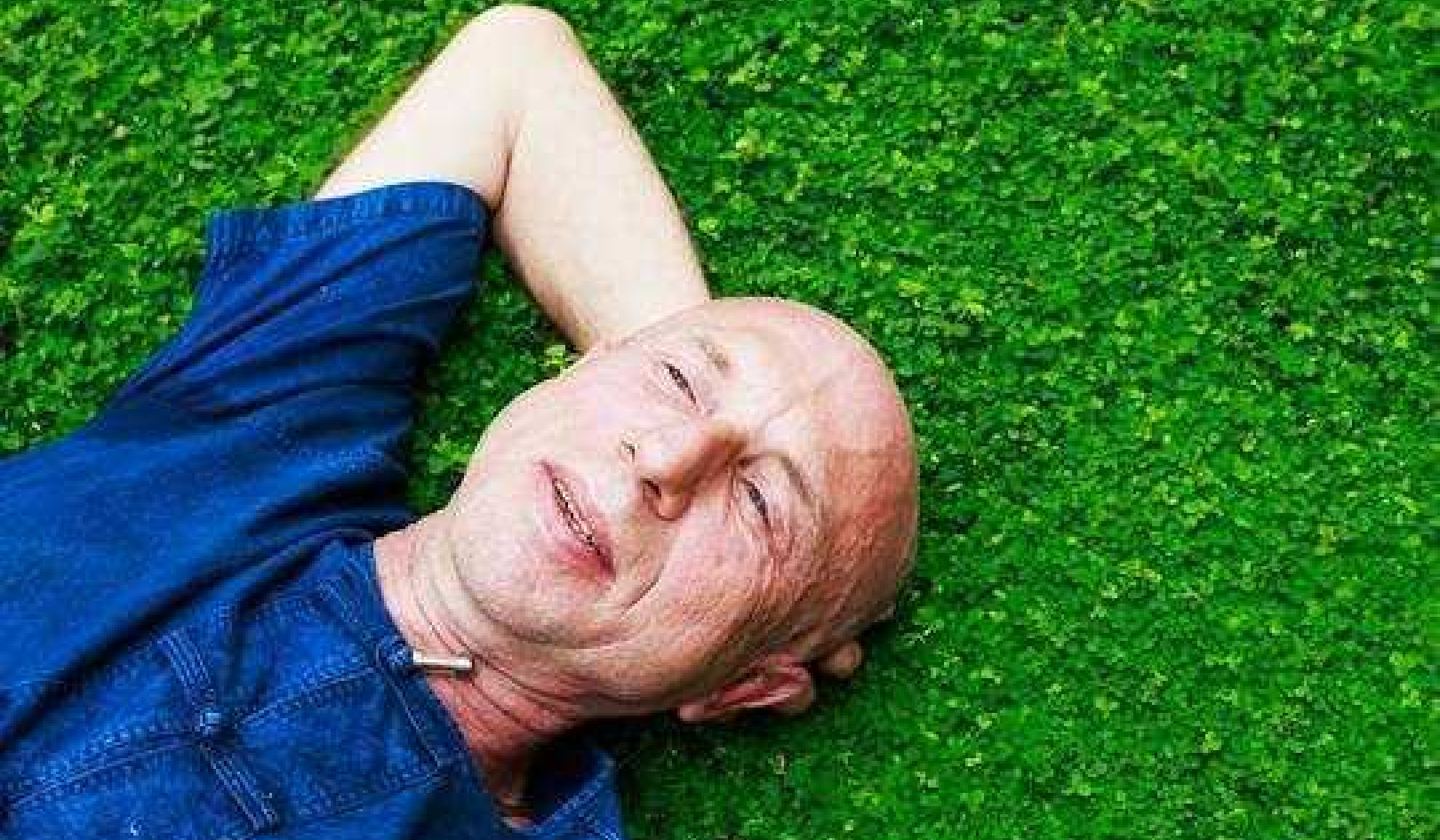
Getting a good sleep can be tough, and this can lead to feeling less than refreshed when you wake up in the morning. Falling asleep and waking up are brain processes we don’t fully understand, but research suggests these transitions are a lot more gradual than the flip of a switch.
Even if you feel like you’re unconscious until morning, sleep has a typical structure, cycling in and out of lighter and deeper stages. All stages of sleep are important for waking refreshed; if sleep is disrupted or you’re not getting enough, waking up in the morning can be really hard.
Most adults need between seven and nine hours a night to ensure they’re functioning at their best. Getting enough sleep is important for good physical and mental health. Getting enough good-quality sleep will ensure you wake up feeling alert and are more productive during the day.
Everyday habits that may be affecting your sleep
Bright light in the morning helps reset your body clock and keeps your circadian rhythms ticking along regularly. To help keep your sleep/wake schedule regular and improve health and alertness seek out bright light in the morning when you wake up.
In contrast, too much bright light at night can make falling asleep difficult. This is because bright light suppresses melatonin, a hormone that promotes sleep. This is why we don’t advise the use of devices like mobile phones, tablets or laptops in bed before sleep.
Eating a large meal too close to bedtime can put pressure on your oesophageal sphincter (the muscles at the end of the oesophagus that prevent acid and stomach contents from travelling backwards from the stomach) when you lie down, causing heartburn that can disturb sleep. Eating your last main meal at least two to three hours before bed will ensure food is adequately digested.
Fluid intake should also be reduced prior to bed so you don’t wake up needing to go to the toilet.
Alcohol can make you feel sleepy but consumed too close to bedtime can also disrupt sleep. The metabolism of alcohol during sleep causes more frequent awakenings, night sweats, nightmares, headaches and decreased quality of sleep in the second half of the night. It’s advised to avoid alcohol for at least four hours before bedtime.
Tips to help you go to sleep and stay asleep
De-stress and wind down before bed. Try a warm bath or quietly read a book (old-school paperback, not the electronic version) and have a warm drink of milk. Exercising, playing computer games and watching TV directly before bed is not advised as this can increase physiological arousal and amp you up before bed.
Stress itself can affect sleep – relaxing and unwinding before going to bed can help prevent restless nights spent staring at the ceiling.
Set a good sleep routine and stick to it. The body runs on an internal clock that controls sleep and wake. This internal body clock works most effectively if you have a regular routine. Try to set a consistent sleep and wake time and remember bright morning light is important to reset your body clock.
Create a good sleep environment – one that is quiet, dark and cool with comfortable bedding and good temperature control.
A bit of grogginess is normal
The first 15 minutes after waking can be difficult for the best of us. That’s because your brain is not yet working properly. This is called sleep inertia. Sleep inertia is the groggy feeling when you first wake up, and occurs because some of your brain is still in a sleep state.
Sleep inertia helps us go back to sleep if we’ve been woken briefly. But if you’re woken suddenly, say to an alarm or a telephone ringing, sleep inertia can impact your cognitive ability to respond to the alarm or phone. The magnitude of sleep inertia is affected by prior sleep loss, time of day and if you wake from deep sleep or not.
So if you’re suffering in the morning and finding it hard to wake up, make sure to get a good sleep and allow a bit of time to gradually wake up in the morning.
About The Authors
Crystal Grant, PhD Student, Sleep and Chronobiology Laboratory, University of South Australia and Siobhan Banks, Associate Professor, University of South Australia
This article was originally published on The Conversation. Read the original article.
Related Books:
at InnerSelf Market and Amazon






















